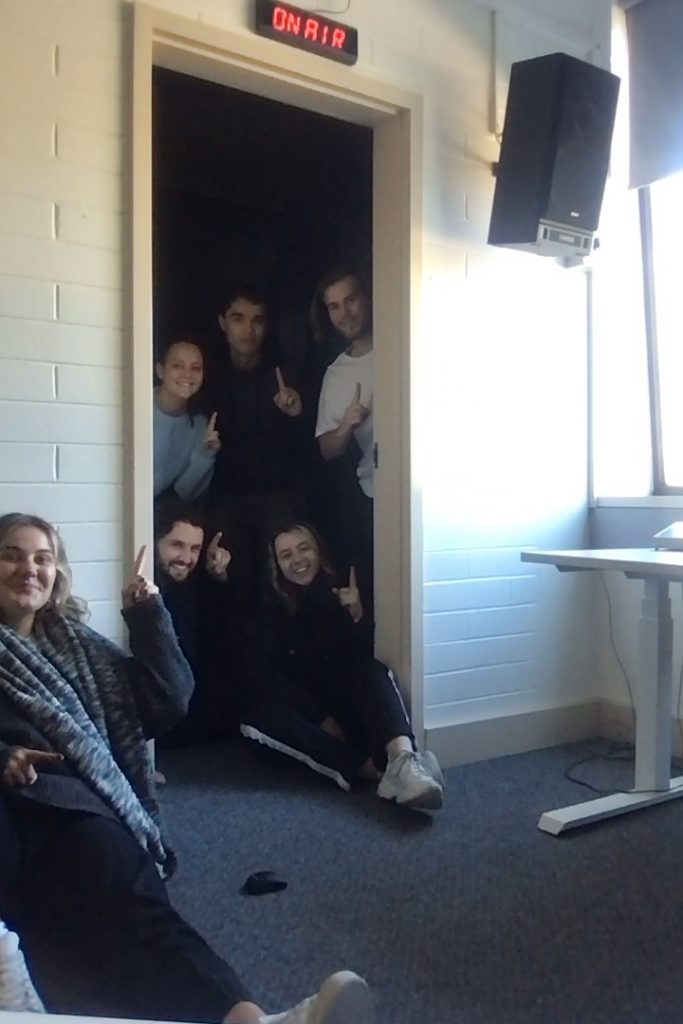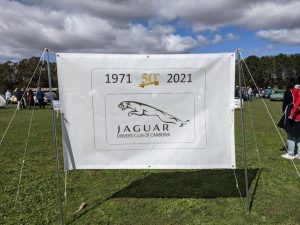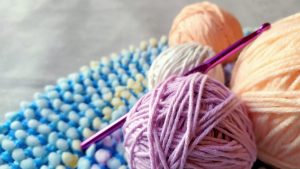Bikie threat more than storm in a T-shirt
By COURTNEY KEOGH
 A RETAILER in Canberra was forced to recall a t shirt last week after a member of the Canberra Rebels said it would create problems between other motorcycle clubs.
A RETAILER in Canberra was forced to recall a t shirt last week after a member of the Canberra Rebels said it would create problems between other motorcycle clubs.
Sarasi Perara, a full time employee of Man To Man at the Canberra Centre, was told to take down and stop selling a t-shirt with a biker vest print on it by a Canberra Rebels member who was walking past the store.
Ms Perara said the man “had something about him, he was a bit rough and had lots of tattoos”.
“He said one of the symbols on the shirt would start fights between people wearing the shirt and Rebels members”, she said.
The t-shirt had a one percent symbol on it – ‘1%’ – which is an official symbol of outlaw motorcycle clubs, including the Rebels.
There are around 40 motorcycle clubs in Australia that describe themselves as ‘outlaw’. The terms relates to the view that the club members operate outside of the law.
A Canberra Rebels associate who asked not to be named, said the one percent symbol represented the members of society who refuse to adhere to social norms and conventions.
“When you get up in the morning and read the newspaper, you’re being told what’s important and what’s not, it’s bullshit, we don’t want to live like that,” he said.
Members of the Canberra Rebels are divided into different regions known as ‘chapters’. There are four chapters in Canberra – Wanniassa, Mitchell, Fyshwick and Queanbeyan.
The Rebels associate said that Rebels members own a wide range of businesses in Canberra in such as tattoo shops, attack dog breeding and tow truck services. Members also help out in other areas such as security, debt collecting and loans.
“There’s also the getting rid of people bit too”, he said.
The Australian Crime Commission reports that some members of outlaw motorcycle clubs are responsible and take part in organized crime networks, with a very strong presence in the illicit drug market.
They also pose a big threat to police officer safety because they are highly organized and are capable of collecting information about police officers, and if necessary their families.
This is done through people who are coined ‘affiliated members’ and can include lawyers, accountants, marketing and public relations consultants.
While the Australian Crime Commission states that outlaw motorcycle clubs are only part of the broader picture in stopping organized crime in Australia, outlaw motorcycle clubs pose a serious risk to public safety because they react violently.
In 1984, an incident between two rival motorcycle clubs in the western suburbs of Sydney resulted in seven people dead and many others seriously injured. Known now as the ‘Milperra Massacre’, it is one of the most violent and notorious events in Australian motorcycle club history.
The Rebels and other Australian motorcycle clubs have evolved from groups of males who shared common interests and banded together after the Second World War. The Rebels associate said that members of the Rebels used to join because they believed in living and acting a certain way.
“You join the Rebels because you’re rebelling the democratic rule,” he said.
In recent years though, he admits that younger members join purely for the power that being a member brings them.




Be the first to comment!